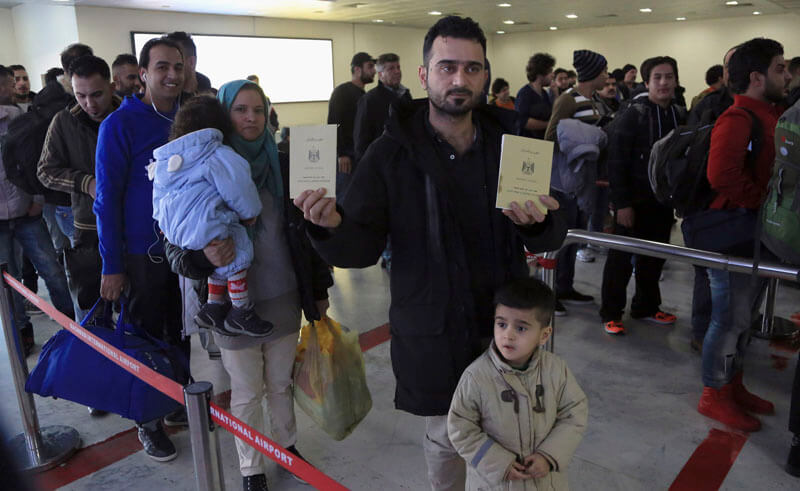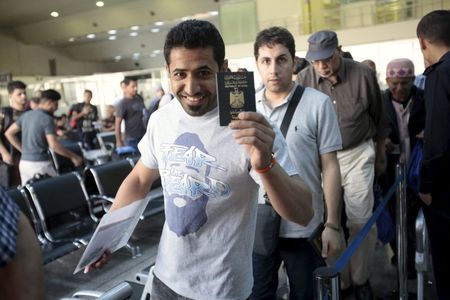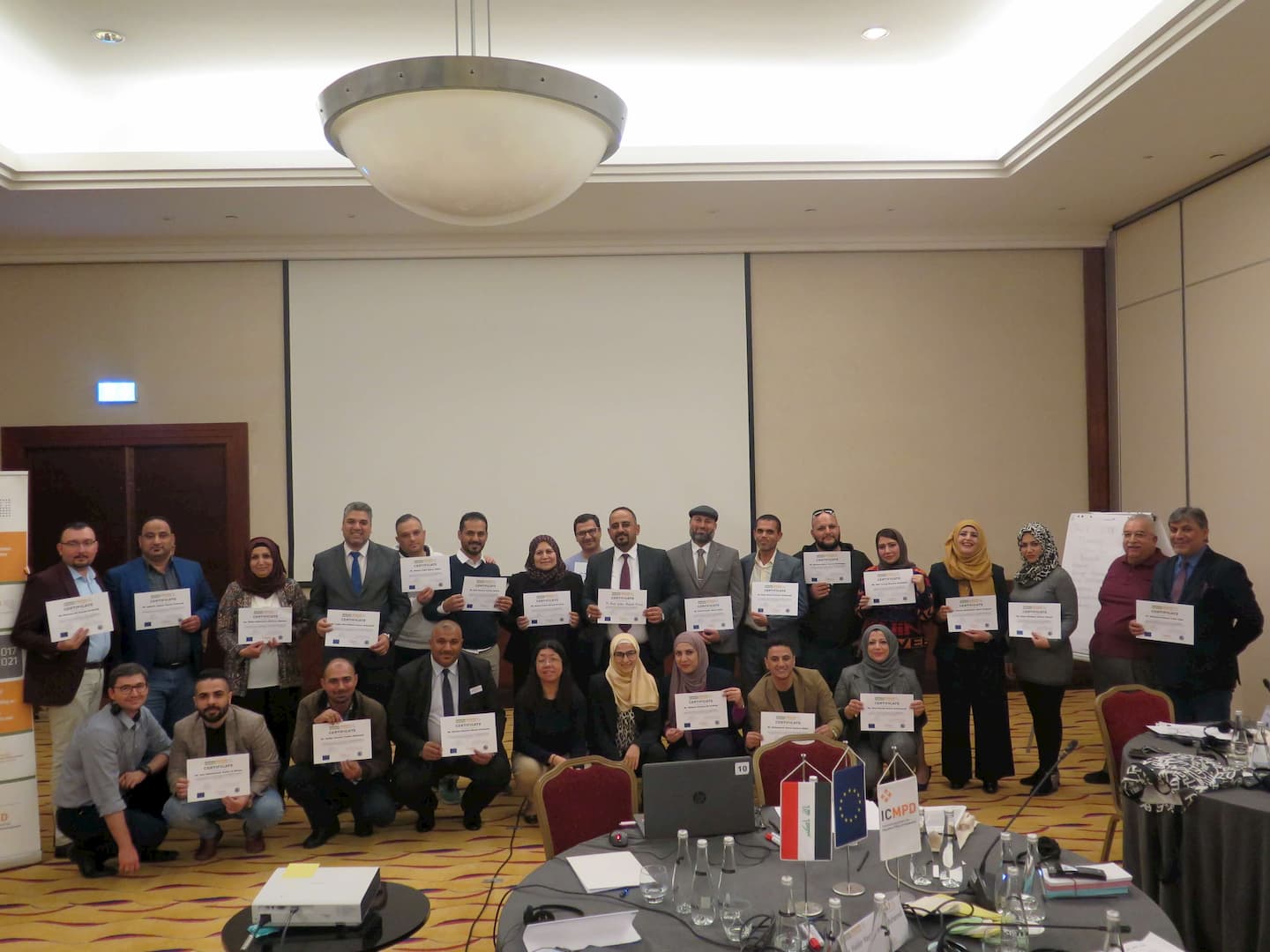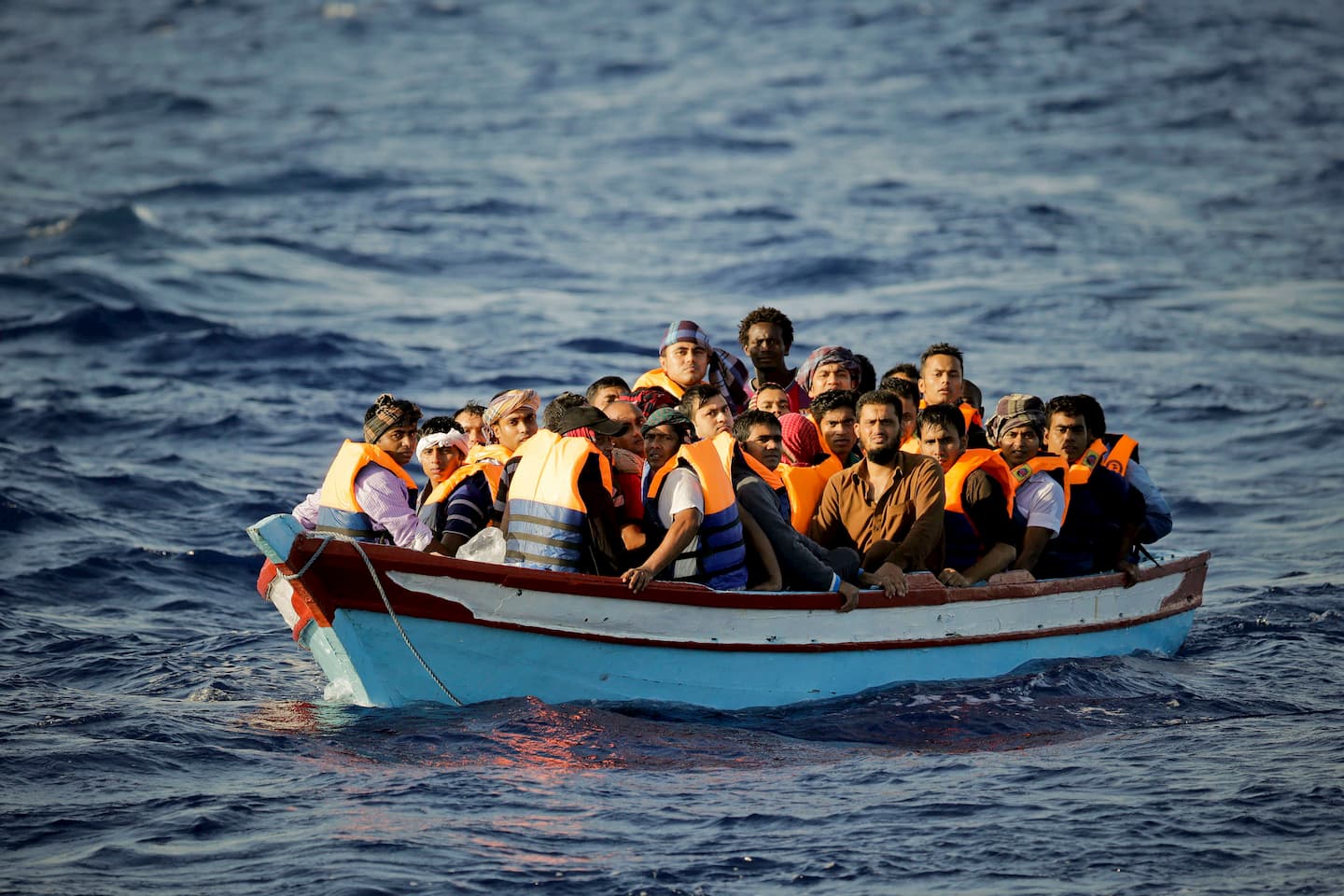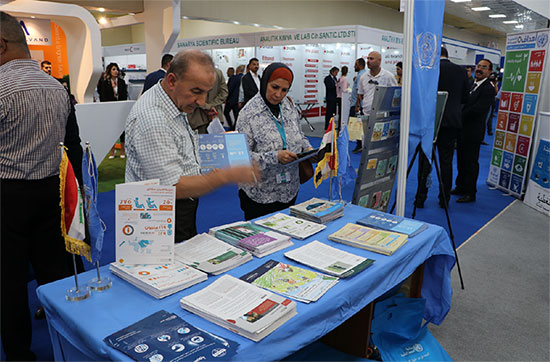MRCs provide free of cost sessions to all intending and outgoing migrants (workers, professionals, students, families, young men and women). We put a lot of emphasis on the right and credible information about safe migration whether it is for employment, settlement or education. The orientation sessions highlight the benefits of regular migration and exposes the hazards and consequences associated with irregular migration.
These sessions help you in making an informed decision.
We hold sessions for students at technical and vocational institutions, colleges and professional universities. These classes cover safe migration, the current migration trends and risks and consequences of migrant smuggling and human trafficking.
MRC counsellors visit technical institutions, colleges, universities and communities to hold awareness sessions on a regular basis.
Please contact us if you want us to visit your school, your community, your village to raise awareness on migration.
5 Things to Consider Before Migrating
Considering migrating to another country? Before you pack your bags, let’s discuss what you need to know before you go.
1. Immigration
Some countries offer immigration policies for Iraqis, others don’t. Before moving to another country, make sure you are going to be allowed and welcomed in the country – meaning do you need a visa to visit, work, study or stay with a family member? What is the country’s immigration policy?
2. Risks
When moving to a new country, there are a myriad of risks to consider, including economic, social and personal security and health risks:
- Economic risks: will you be allowed to work in your destination country? Do you have a valid work visa? If you do not have a valid work visa before entering a country, you will not be allowed to work and will not be able to provide for yourself or your family.
- Social risks: you will leave behind your family and friends, your social network, which provides you with support in Iraq. If you do not know the language of your destination country or learn about the customs, there is a risk that you will not be able to integrate into your new host society.
- Personal risk: if you move to another country without a valid visa, you risk your personal safety. Smugglers or facilitators promise to bring you safely to another country, if you just pay them enough. However, they do not tell you about being stuck in tiny spaces for days without being able to breath, they do not tell you about the fears you live while being smuggled to another country.
- Health risks: travelling through irregular means (smuggler, facilitator, entering without visa) has serious health risks. You can injure yourself during the trip and will not have access to medical treatment. If you enter a country without visa, you do not have access to health insurance or medical treatment. People who travel through irregular means also often suffer from mental health problems because of mistreatment they have experienced or because they cannot work and support their family.
3. Cost of Living
People often migrate to another country because of the hope for a higher income. However, an important consideration is the costs of living in your destination country. With the salary promised by your future employer, will you be able to rent an apartment, pay for food and clothing and support your family? Costs of living is often higher than in Iraq, which you should assess before leaving for another country.
4. Language
Do you know the language of your destination country? Is there a possibility to take a language course before you leave Iraq? Will you be allowed to take language courses in your country of destination? Not knowing the language makes live abroad very difficult: you cannot read the lease of your apartment, go shopping, go to school or get a job or simply engage in a conversation to make new friends. Consider learning basic vocabulary in each of vital areas of your day-to-day life and get to know people who can speak your language and can help you.
5. Import Taxes, Shipping Costs
Will you also move your belongings overseas? What will you take with you and what will you leave behind? This will vary from country to country and it is a good idea to discuss these issues with an immigration lawyer, the counsellors at the Migrant Resource Centre or a person who has experience. Consider collecting as much information from official sources as possible.
Some countries allow foreigners to bring in their possessions tax-free. There are others that limit what you can bring by placing tax on imports. Remember to check duty rates too and acquire an accurate bill of lading along with a customs freight forwarder.
Legal migration can provide you with many opportunities, but you need to be properly prepared and do thorough research. A well-thought out plan is going to be better for your health, happiness, and personal satisfaction. Sure, adjustments are going to have to be made wherever you settle down, but with the right advanced planning, you will be better able to handle these challenges.

